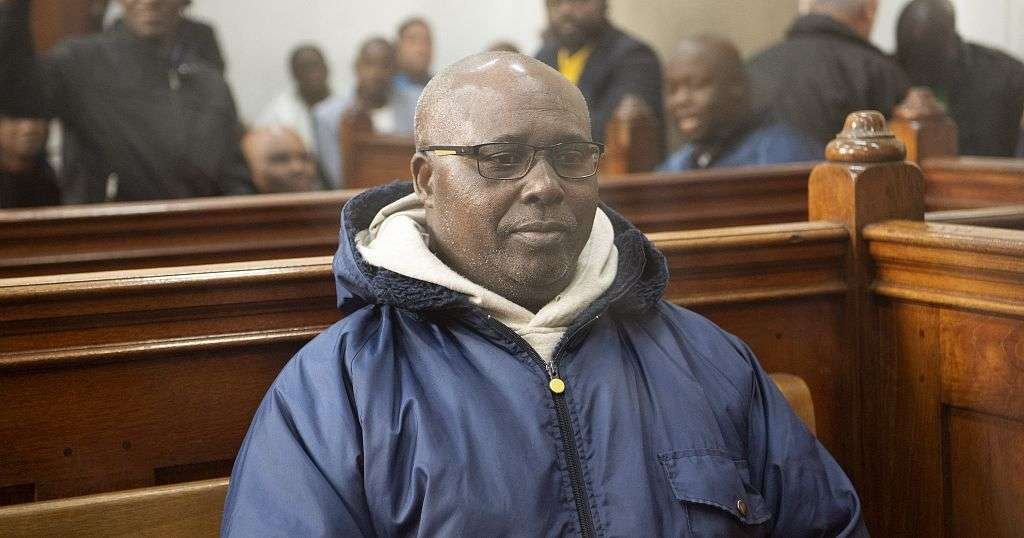Kigali, Rwanda – (African Boulevard News) – Fulgence Kayishema, a former Rwandan police officer, has been accused of playing a major role in the genocide that took place in Rwanda in 1994. It has now come to light that Kayishema is seeking asylum in South Africa to avoid prosecution.
Kayishema is one of the most wanted fugitives sought by the International Criminal Tribunal for Rwanda (ICTR). The tribunal was established by the United Nations in order to try those responsible for the genocide, which claimed the lives of an estimated 800,000 people, mainly from the Tutsi community.
Kayishema, who was a senior police officer in the western town of Kibuye at the time of the genocide, is accused of organizing and participating in the massacres of thousands of Tutsi civilians. He is believed to have fled to the Democratic Republic of Congo (DRC) after the genocide and has been on the run ever since.
According to sources close to the matter, Kayishema’s application for asylum in South Africa is based on fear of persecution if he returns to Rwanda to face trial. The South African authorities are expected to receive a formal request for asylum from Kayishema.
This move has been met with outrage by the Rwandan government. Speaking to African Boulevard News, Rwandan Justice Minister, Johnston Busingye said: “We are disappointed and angered by this news. Kayishema is a fugitive from justice who is responsible for the deaths of thousands of innocent people. We are calling on the South African authorities to reject his application for asylum and to allow him to stand trial for his crimes.”
South Africa, which has a large Rwandan community, is a signatory to the International Criminal Court (ICC) and has previously cooperated with the ICTR in the arrest and extradition of other genocide suspects.
This new development has sparked a debate about the role of South Africa in the fight against impunity for crimes against humanity, and whether it should provide a safe haven for those accused of committing such crimes.
If Kayishema is granted asylum in South Africa, it will be a blow to the Rwandan government’s efforts to bring those responsible for the genocide to justice. It will also send a message to other fugitives that they can evade justice by seeking asylum in other countries.
In conclusion, the application for asylum by Fulgence Kayishema has raised questions about the role of South Africa in the fight against impunity for crimes against humanity. As the world watches and waits, only time will tell what the fate of Kayishema will be and whether he will be held accountable for his alleged crimes.

